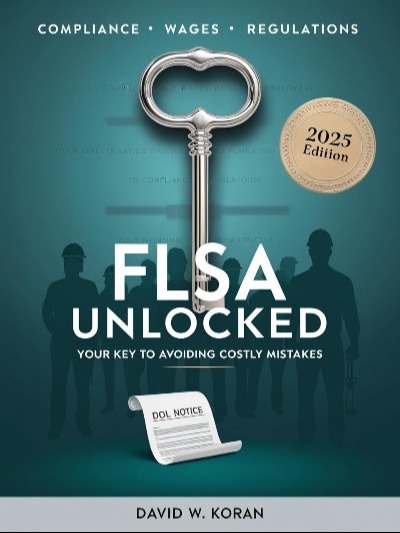Are Bus Drivers Entitled to Pay Between Routes? A Deep Dive into New York Labor Law and the FLSA

When it comes to paying bus drivers for the time between scheduled routes, both New York labor law and the Fair Labor Standards Act (FLSA) have specific guidelines that determine whether this time must be compensated. Employers who fail to comply with these laws risk fines, litigation, and labor disputes. This article explores when and why bus drivers may be entitled to pay between routes under federal and state laws.
Understanding Compensable Time Under the FLSA
The Fair Labor Standards Act (FLSA) is the federal law that establishes minimum wage, overtime pay, and other labor protections. Under the FLSA, bus drivers must be paid for all hours worked, including certain periods of waiting time.
When Is Time Between Routes Considered Work?
Under the FLSA, compensable time generally includes:
-
Waiting Time Integral to the Job: If a bus driver is required to stay on duty, at a prescribed work location, or perform tasks between routes, that time must be paid.
-
On-Call Time: If a driver is required to remain at or near the worksite and cannot use the time freely, it is typically considered paid work time.
-
Short Gaps Between Routes: If the gap between routes is too short for a driver to leave and use the time effectively for personal purposes, it is often considered compensable time.
-
Required Duties During Breaks: If the driver is required to perform work-related duties (such as refueling, cleaning, or maintenance), the time must be paid.
When Is Time Between Routes Unpaid?
-
If the driver is completely free to leave the worksite and use the time as they wish.
-
If the break between routes is sufficiently long (e.g., several hours) and the driver is not required to remain available for work.
-
If a split shift arrangement is in place where the driver is scheduled for two distinct shifts, with unpaid time in between.
New York Labor Law Considerations
New York labor laws offer additional worker protections that can impact whether time between routes must be compensated. These include:
1. Spread of Hours Pay
New York law requires that if an employee’s workday exceeds 10 hours from start to finish (including unpaid breaks), they are entitled to one extra hour of pay at the state minimum wage. This rule may impact bus drivers who work split shifts with significant unpaid gaps between routes.
2. Split Shift Pay
In certain cases, employers must pay extra compensation for split shifts, depending on collective bargaining agreements or company policies.
3. Call-In Pay (Minimum Shift Pay)
If a driver is called into work for a short shift but is sent home early, New York law may require a minimum payment, even if they are not assigned a full work period.
4. Union Agreements and Employer Policies
Unionized bus drivers may have specific contract provisions requiring pay for standby time or gaps between routes. Employers should review these agreements to ensure compliance.
Typical Scenarios for Bus Drivers
| Scenario | Paid Under FLSA? | Paid Under NY Law? |
|---|---|---|
| Driver must stay at the depot between routes | ✅ Yes | ✅ Yes |
| Driver is required to perform maintenance or other tasks between routes | ✅ Yes | ✅ Yes |
| Driver is free to leave and use time as they wish | ❌ No | ❌ No (unless covered by a union contract) |
| Gap between shifts is more than 10 hours | ❌ No | ✅ Yes (Spread of Hours Pay applies) |
Employer Best Practices
To remain compliant with both federal and New York labor laws, employers should:
-
Clearly define whether drivers are required to remain on-site between shifts.
-
Establish policies regarding standby time and on-call requirements.
-
Review collective bargaining agreements for additional obligations.
-
Ensure payroll systems account for spread of hours pay when applicable.
-
Train managers and HR personnel on compensable time regulations.
Conclusion
Whether bus drivers must be paid between routes depends on whether their time is restricted or required for work-related purposes. Under the FLSA, any time spent waiting under the employer’s control is compensable. New York law adds extra protections, such as spread of hours pay and split shift considerations. Employers should carefully evaluate their pay practices to avoid legal risks and ensure compliance with state and federal labor laws.
For professional assistance in conducting an FLSA audit to ensure compliance and avoid potential litigation, contact us today!

